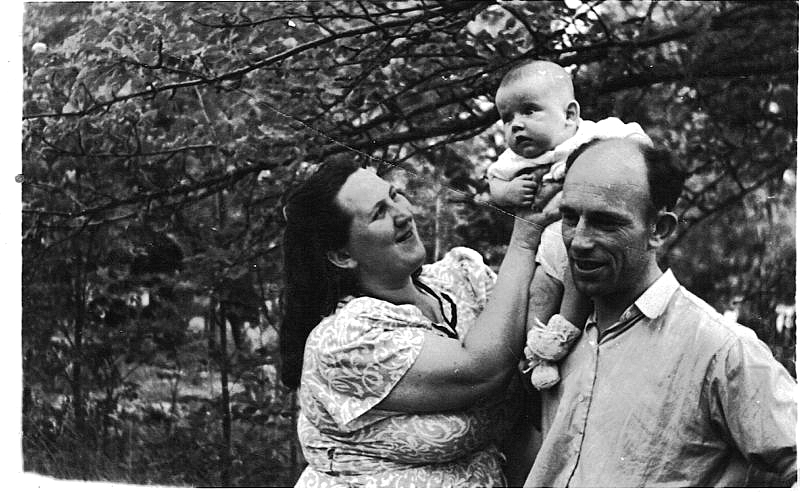A monument in the form of an iron sail, of which half is located in Jūrkalne and the other half in Gotland, is the only thing reminding people of the Latvians and the heroes that shipped them away from the war-torn country from summer 1944 to spring 1945.
Eighty sea miles, or 148 kilometers, separate the coast of Jūrkalne from Gotland.
Refugees were taken to Sweden from other places as well. North of Liepāja, people were also shipped across from Pāvilosta, Ulmale, Lībciems, Grīnieki; while people north of Ventspils were carried across from Staidzene, Lielirbe, Mazirbe, Kolka, Kaltene and Mērsrags.
Fonzovs, a fisherman and sailor born in Mērsrags, was one of the heroes who helped his compatriots, carrying 28 boats full of people away from war-torn Latvia.
As a rule, the boats departed at night, except in the case of clear moonlit weather. The Germans were patrolling the coast, and both the people waiting at the coast, as well as the boatmen had to be very careful. Watchmen used hurricane lanterns were used to tell the boatmen in the open sea that the coast is clear.
If the boats were there, the watchmen directed refugee groups to the coast where children, and often women, embarked small boats that were pushed towards the big boats.
The ferrymen carried great responsibility on their shoulders. It was their experience, ability, courage and will that determined the fates of hundreds of people. They faced threats not only from the German coast guard, but also Russian submarines and torpedo boats in the Baltic, as well as air attacks.
Shipping people across became increasingly dangerous when the Red Army occupied Estonia, including the islands. People caught by the Germans were sent to Germany, while Soviets took them to faraway Siberia.
The weather affected the refugees' chances of survival, too. During stormy weather the boats could easily fill with water and sink.
It will never bet known how many refugees did not make it to Gotland, dying on the sea or being forced to turn back.
(The story is part of an ongoing Latvian Radio strand remembering the forgotten heroes who helped save people from being subjected to violence by occupying forces.)





























